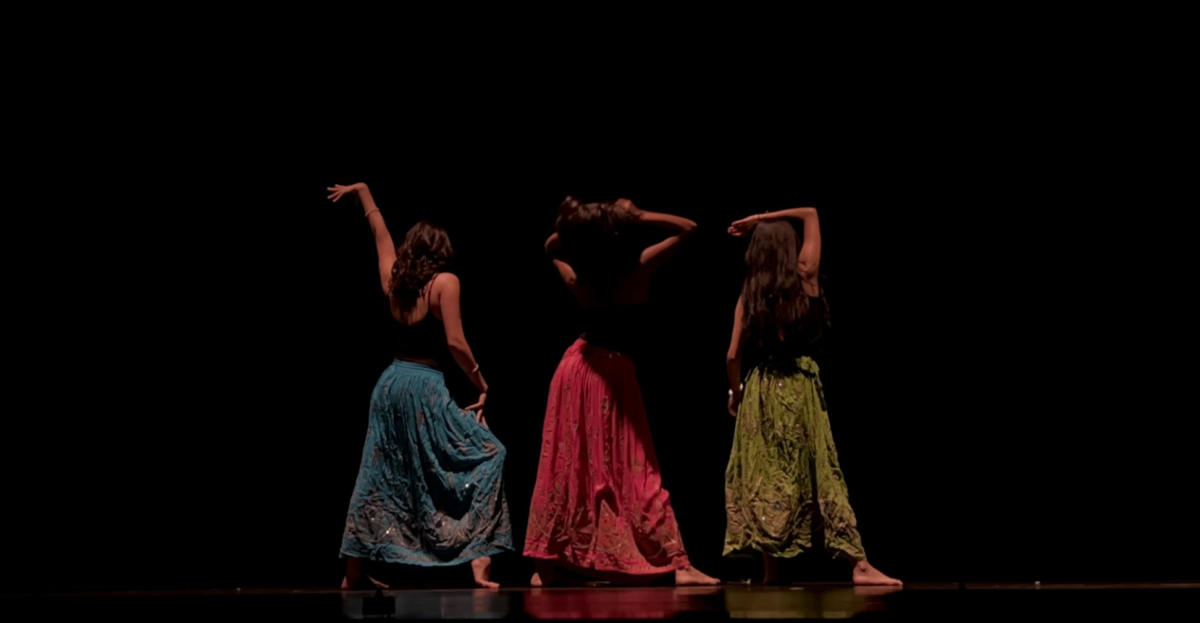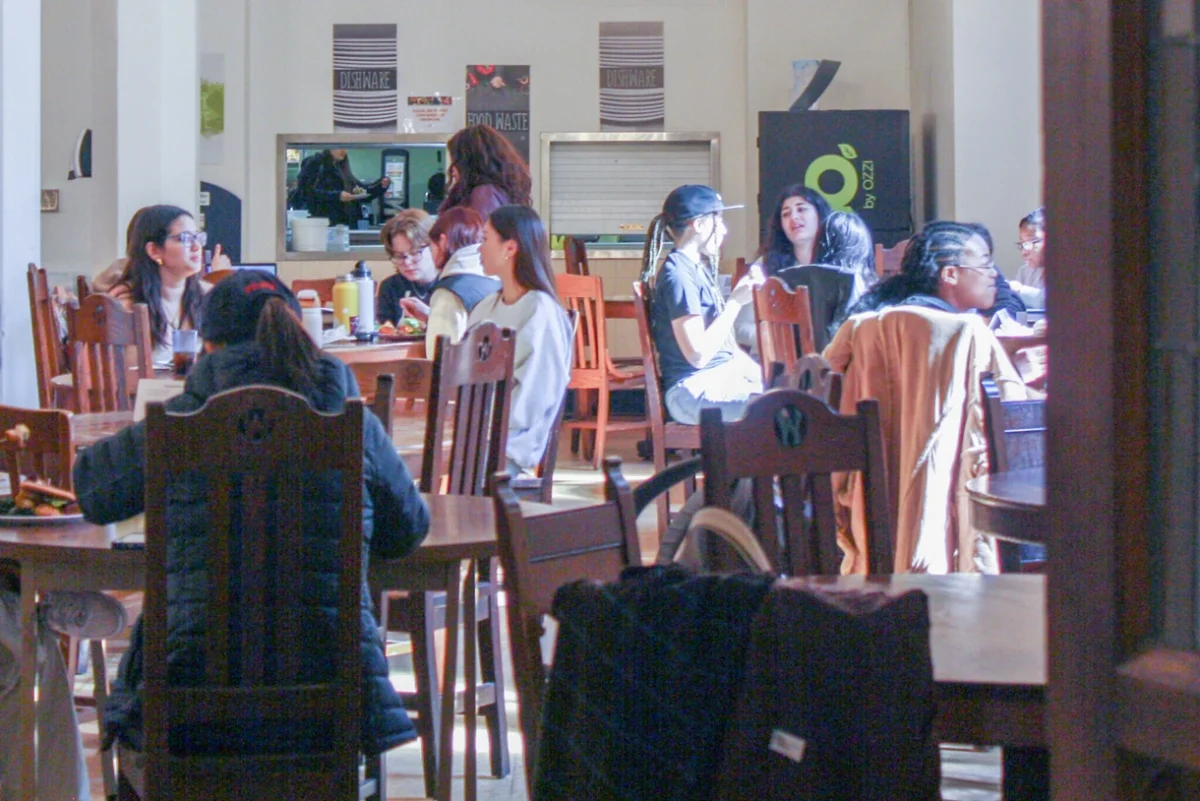By LARA AZAR ’15
Staff Satirist
Sources confirmed Sunday that last weekend’s on-campus party, “Addiction,” was no ordinary party. The Asian Student Union (ASU) combined efforts with multiple other cultural organizations, Wellesley Women for Public Health (WWPH) and Health Services to arrange and disguise a large intervention for students.
“My friends and I noticed a lot of students on campus with terrible, terrible problems,” WWPH member and economics major Yuri Yur ’15 explained. “Instead of doing what I do to relax-—go to MIT—other students constantly shop online, play Candy Crush or knit. It’s different from what I do and thus unhealthy. We had to do something about it. We talked about addiction for a day in my Abnormal Psychology class first year, so I figured I could handle it.”
Other addictions the intervention addressed included Netflix, social media, exercise, writing, cross-stitching and visiting dating sites.
Only ASU advertised the party, fearing that any signs of collaboration would betray their real plan. “Plus, our affairs have a certain reputation” one of the ASU event planners, who wishes to remain anonymous, commented. “This event was very different from our previous events, but we intended to make sure it had the same allure, to ensure the most success possible. That’s why we made it seem that we were the only ones running it.”
Feeling very confident with their own lives, several students began to feel restless. In order to stop their twitching, they got together to intrude in and fix other people’s lives. Every group involved in the planning collaborated to compile a list of all the people they knew in Boston and the surrounding areas who needed interventions and subsequently invited them to the party. They got ahold of their guests’ loved ones and invited them, too.
“We ensured their presence with the promise of pizza,” the anonymous event planner explained.
The party’s tag line in advertisements was “Love us. Hate us. Need us. Come satisfy your addiction.” WWPH member Tatiana Tattian ’16 explained, “It’s such a perfect ad because we’re not actually deceiving anyone. Well, with the word ‘satisfy,’ we are. But it’s important for literary effect. Also it’s great because it seems lighthearted, but it’s actually serious. If this had been an actual party, the title would have been quite uncomfortable.”
Luckily for ASU and all organizations involved, “Addiction” was not the name of an actual party.
“I’ve been recovering from my shoe shopping addiction for about a year now,” Lili Lil ’14 said. “When I heard about an on-campus party, I was excited because that’s a fun way for me to party without too much pressure for me to go buy some strappy new pumps. Then I saw the ad and was completely turned off. But when I talked to them, I found out the real story and I’m glad.”
Not everyone was glad about the mass intervention plan. “Their process is quite extreme,” Health Services employee Ruth Rooth said. Rooth is in charge of preparing for the flu season and did not partake in the planning of Addiction because she was actually doing something helpful. “But it at least makes more sense than naming a real party Addiction.”
Others had absolutely no interest at all in such an event.
“Addiction? No. On every level, this is terrible,” Jan Janetteson ’14 said. “If it had been a real party, the title is uncomfortable. But a group intervention? That makes sense. That’s clever and tricky and the only thing I can see something named ‘Addiction’ being. It’s also so Wellesley. They see a problem and think that because of one class or 20 minutes of independent research, they are experts who can change the world.”
When asked to comment, public health expert and biological sciences professor George Gorge simply sighed and shook his head.
The intervention itself reportedly had mixed results. Three people successfully decided they needed rehabilitation. The intervention angered 27 people. Some of those people are currently considering rehabilitation, but the majority found the event very out of line. Seven different fistfights broke out throughout the evening. The event planners remained unfazed.
“We’re still college students,” ASU member and Addiction planner Sue Su ’16 said. “We’re still learning how to properly stick our noses in strangers’ lives and make things better for them by applying knowledge we barely even have. By the time we graduate, we’ll have become experts at it!”




